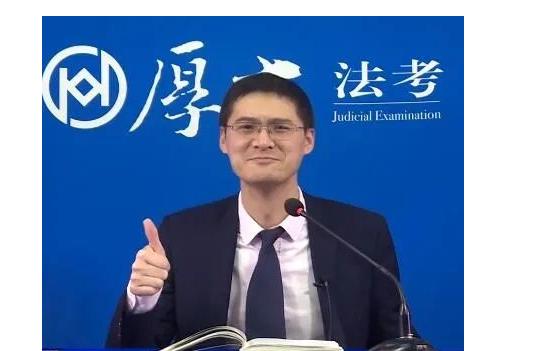Out of respect for Professor Luo Xiang, I read through the "Lecture Notes on Luo Xiang's Criminal Law" and gained a new understanding of the spirit of law.
"Lecture Notes on Criminal Law" is a legal book written for non-professionals to read, as Professor Luo Xiang said: "Every study is for the pursuit of wisdom." Through the cold laws of the whole book, it shows the yearning for truth and the thinking of reality.

<h1 class="pgc-h-arrow-right" > here are a few of the ideas that touched the book</h1>
Criminal law is the minimum requirement of morality and ethics, and a person who preaches his compliance with the law every day is likely to be a scumbag. Illegal acts must be against morality and ethics, but many immoral acts are not illegal, and law is an art of balancing morality and justice.
Criminal law not only punishes crime, but also protects it. When people stand on the side of justice, they feel that they have unlimited power, and they can even arbitrarily punish lawbreakers and criminals under the guise of representing Skywalker, and criminal law is actually a constraint on power. As far as public power is concerned, whatever is not allowed is undesirable; as far as private power is concerned, whatever is not prohibited can be done.
The so-called wisdom of studying the law is to learn to think differently. Every theory has its own reasonableness, don't attach unbounded values to the views you value, you can stick to your point of view, but be sure to accept that there are also reasonable points of view in opposing views.
After reading this book, I happened to see the 1957 version of "Twelve Angry Men", and the pursuit of the spirit of law in the film is highly consistent with the principles discussed in the book, and this transparent feeling cannot be experienced only by reading books or only watching movies.
<h1 class="pgc-h-arrow-right" > what does "The Twelve Angry Men" say? </h1>
In a sweltering, enclosed room, twelve men from different upbringings with different concerns have to vote on the fate of a suspect suspected of killing their father, and the length of the film is almost the same as the length of the event. It is such a monotonous film, but it has become an enduring classic, frequently remade by various countries, reflecting the attraction of the pursuit of truth and wisdom to people.
The film does not explain the details of the trial, and it is time to finalize the conclusion at the beginning. Through the dialogue of twelve jurors, we can slowly understand the general history of the case. The case could be closed with a unanimous opinion of twelve jurors, and when most people thought there was no doubt that the suspect needed to be found guilty, and had even begun to prepare to leave the court, one person stepped forward, and the first round of voting was 11:1, and the other eleven were very surprised.
When all the evidence and witnesses point to the guilt of the suspect, someone will argue against it! But as the plot progresses, we know that the only person who insists on it is not deliberately opposing everyone, but out of a pure pursuit of truth.
As Professor Luo Xiang said, we cannot stand on the moral high ground and arbitrarily make a presumption of guilt against the so-called bad guys. A vote is simple, but it is the fate of a person's life that is decided.
In the process of argument after argument, the details of the case are constantly exposed, and the seemingly reasonable places gradually reveal doubts, and the results of the vote are slowly changing. When the debate was at its height, it suddenly became apparent that these people were no longer talking about whether the suspect was guilty or not, but about finding the right reasons for their values and worldview, and that everyone was wearing colored glasses.
"Every study is for the pursuit of wisdom", "Every theory has a reasonableness, don't attach unbounded values to the views you value", Professor Luo Xiang's words still faintly ring in your ears...